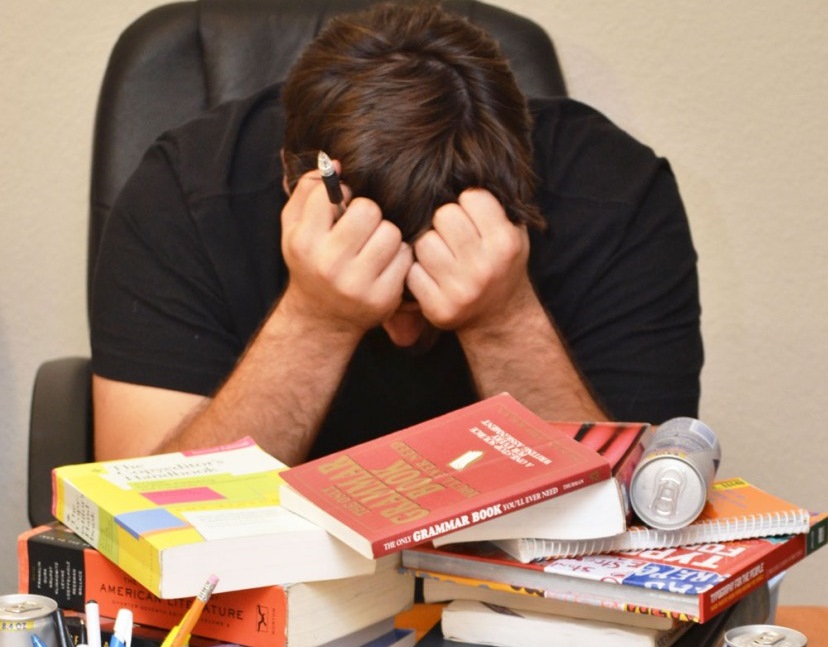Mental health seems to have taken centre stage in 2017, especially for young people. Few areas have received more attention than student mental health. The growing stress of GCSE all the way up to degree students are expected to be the strongest focus. However, experts are often quick to explain that stress is not always a bad thing. One new study suggests that low levels of anxiety and stress can be good for us.

The Myth of Positive Thinking
We’re told to think positively, to embrace every problem as an achievable goal. Everything will be good in the end. But psychologists know the dangers of this approach. Positive thinking does not help us face up to the reality of the causes of stress or the problem we presently face. It engenders a form of blind faith in the inevitable outcome that all will be right in the end. It also leads to further stress when we feel that our problems are because we don’t think positively enough.
Stress, it is said, can be good for us. Like paranoia, it’s a survival instinct and part of how our ancestors were able to determine a threat status and act accordingly (fight or flight). Positive thinking encourages us to do neither and to hope for the best through inaction. Stress and anxiety on the other hand – in moderate and manageable levels – can help us see through and devise a plan.
The Middle Ground Sweet Spot
How does this relate to the stresses and anxieties of the modern education system? While the government and health chiefs think about what to do about the epidemic of young people taking antidepressants, a recent report only reaffirmed the benefits of a certain amount of stress and anxiety. It suggested that those who experienced a moderate amount came away from schooling with the best results. There was also a warning – those who experience too much stress will achieve lower grades – almost as low as those students who experience little to no stress or anxiety.
The study examined 5,000 Canadian students to judge their anxiety levels. Those who described their mental state as “moderate stress” were more likely to leave with a qualification. Around 20% of students drop out of courses every year and they often report the highest levels of anxiety.

Depression and High Achievement
Conversely, and more relevant to degree students, is the high instance of depression in students of higher intelligence and higher achievement. All degrees come with a level of stress and it seems that the key to tackling anxiety and depression in students needs to tread a fine line to encourage constructive stress for the best outcome for their degree studies. Universities and the government are ploughing more money and resources into student mental health going forward to help students who need it.